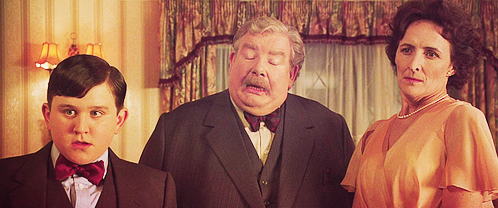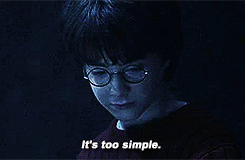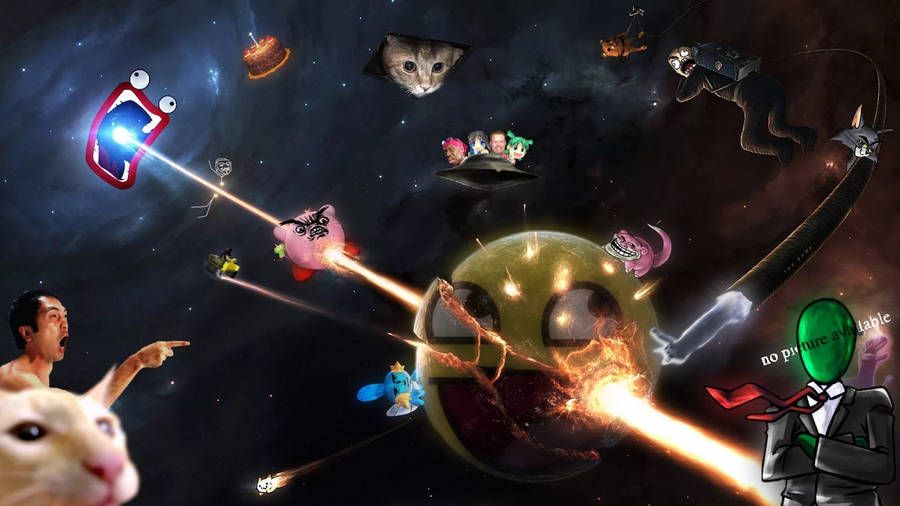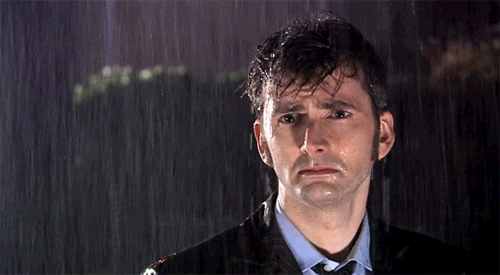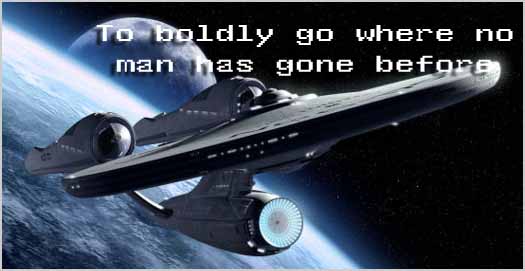ANYWAY. You're not here to hear my Camp NaNo updates. This is the Beautiful People linkup! (If you don't know what Beautiful People is, it is run by Cait @ Paperfury and Sky @ Futher Up and Further In - check it out here). However, Camp NaNo did influence my choice of character today. In maybe day 3 of writing, Ace gave me this quote which just makes me want to hug him and not let him go:
 |
| (Click to enlarge) |
Chocolate Moose Tracks (which happens to be my favorite as well). If he saw a chocolate blueberry kind of flavor, he'd go for that instead, but I don't think I've ever seen such a thing and neither has he.
2. You character is getting ready for a night out. Where are they going? What are they wearing? Who will they be with?
Ace would be going out to dinner with Victoire, and he'd be wearing a plain white t-shirt with his brown leather jacket and aviators. They'd probably be at Ace's favorite burger place, but Victoire may have convinced him to go somewhere more formal.
3. Look at your character's feet. Describe what you see there. Do they wear dress shoes, gym shoes, or none at all? Are they in socks that are ratty and full of holes? What do they consider comfortable and what do they consider agony?
If he's at school, he's wearing gym socks and sneakers. If he's at the Mage League, he's wearing combat boots. At home, he's just wearing his socks, which is what he finds the most comfortable. He hates flip-flops because of that weird thing between your toes. For summer sandals, he probably prefers something like this:
All my characters in Shadows and Light have a birthmark - it's how their destiny is discovered. As far as everyone knows, Ace's is a shield with four quarters of color on it - skin so pale it's nearly white in opposite corners and then very reddish skin in the other two corners. It is located on his chest, directly over his heart.
He has the faint scars of a couple bug bites that got infected on his legs. xD
He has the faint scars of a couple bug bites that got infected on his legs. xD
5. What kind of music do they listen to? Does it change depending on their mood or is it always consistent? (Feel free to share samples!)
When he's feeling sad or depressed he prefers sad music - oftentimes, he'll be playing the music on his keyboard. His go-to piece for times like that is "Moonlight Sonata (1st Movement)" by Beethoven.
Otherwise, he listens to some pop rock - things like Fall Out Boy, "Angel With a Shotgun," Kelly Clarkson, "War" by Poets of the Fall, etc.
"War" is practically his theme song (at least in my world). I mean, come on, it talks about destiny, and battles, and love. THIS IS ACE. *feels because Ace and Victoire*
He's pretty good at playing the piano, though no one knows that besides him since he's currently keeping it as his big secret. I actually have no idea whether he can sing or not. I know he never does it, but that isn't necessarily a tell. He never plays piano when people can hear or see him, after all. He probably does have a good voice but never uses it for fear of it wrecking his perfect hero reputation (it would, in his twisted view of the world).
7. What kind of book would you catch them reading?
Superhero comics. That's about it. Scandalous, I know.
8. How would they spend their summers (or their holidays)?
Hanging out at the diner with friends, hiking in the woods with friends (maybe family every now and then), hanging out at his cousins' houses, and working at the Mage League.
9. It’s Saturday at noon. What is your character doing? Give details. Ex. If they’re eating breakfast, what’s on the menu? Are they hiking, shopping, lazing around?
He's out to lunch with about eight other people. They've either spread out over two tables at the diner or they've pushed two tables together. Darcy might be sitting on Ace's lap if we're talking at the beginning of the book before Victoire and Ace started dating. Afterwards they'll probably go to one of their homes to hang out and play games. Ace wants ot drink two milkshakes but doesn't because he's scared that isn't a healthy thing heroes would do if they're concerned about staying heroes.
Stop reading superhero comics, buddy, they're messing up your psyche.
Stop reading superhero comics, buddy, they're messing up your psyche.
10. Is there anything your character wants to be free of?
Expectations created by his destiny. But at the same time, he clings to them to give him identity and purpose. This is why he's my new favorite. He's so obliviously self-destructive.
Have you done Beautiful People this month? Link to it in the comments! Also, do you have any characters that trap themselves in a bad way of thinking or living? If you're doing Camp NaNoWriMo, how's it going? Have your characters thrown any good quotes at you? Share them below!






